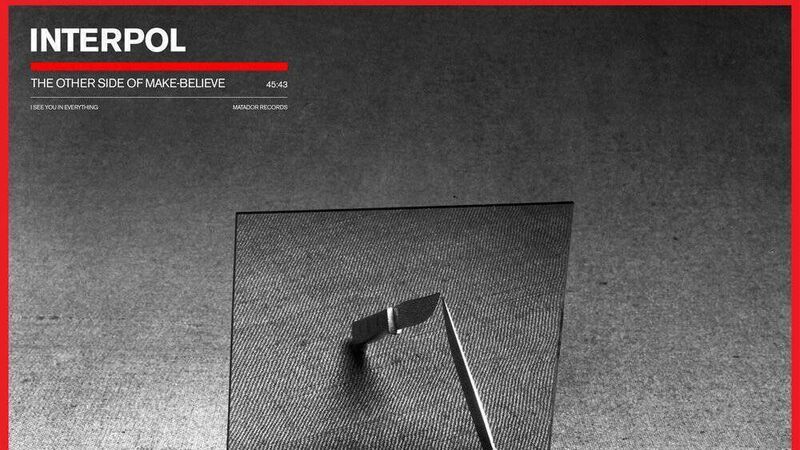Album review: Interpol's The Other Side of Make-Believe is enjoyable but unspectacular

Interpol: The Other Side of Make-Believe album ed power review
Try from €1.50 / week
SUBSCRIBE
Interpol: The Other Side of Make-Believe album ed power review
Interpol
The Other Side of Make-Believe
Already a subscriber? Sign in
You have reached your article limit.
Annual €130 €80
Best value
Monthly €12€6 / month
Introductory offers for new customers. Annual billed once for first year. Renews at €130. Monthly initial discount (first 3 months) billed monthly, then €12 a month. Ts&Cs apply.
Newsletter
Music, film art, culture, books and more from Munster and beyond.......curated weekly by the Irish Examiner Arts Editor.
Newsletter
Music, film art, culture, books and more from Munster and beyond.......curated weekly by the Irish Examiner Arts Editor.
© Examiner Echo Group Limited